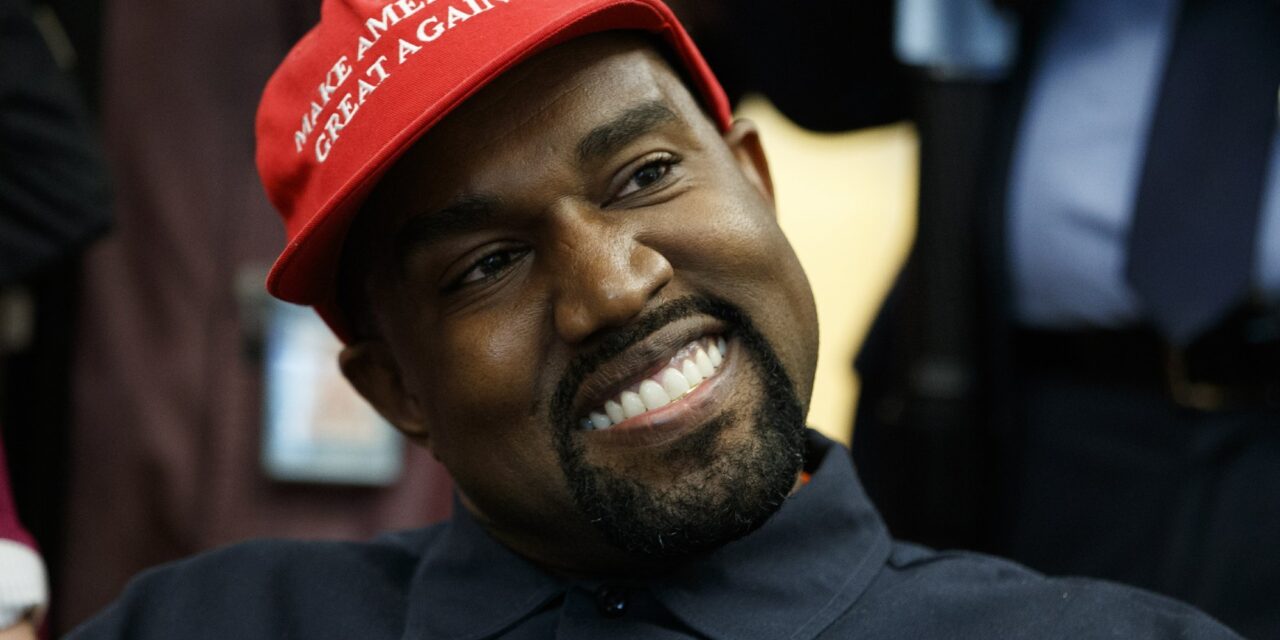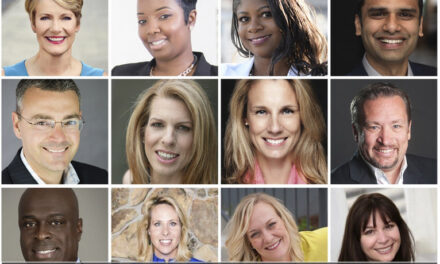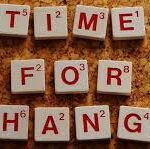“That was hard to watch. You know that was hard to watch.”
-Don Lemon (CNN)
I walked past the television on my way to the kitchen, when I looked up and saw Don Lemon peering solemnly into the camera.
“That was hard to watch.”
For those of you who are Kanye fans (and even those who are not), you know exactly what I’m talking about.
There was a lot of media build up and excitement prior to Kanye’s summit with Donald Trump on October 11, 2018. Some of it was simply media hype. For many, it was fanfare. For others, it was a salacious curiosity about a man who seemed to teeter on the brink of a slow self-destruction.
Whichever of those it was, Kanye West did not disappoint. He delivered for each group of onlookers, and he did so in grand fashion, as it is reported that he called his very own press conference to the Oval Office.
For at least the third time, Kanye sold out Black America. Each time that he does, he makes no bones about his position, and he criticizes and condemns Black people who believe that racism is, in fact, a real thing; and who insist that Black Lives Matter.
Kanye is the most dangerous type of Black person in that he feeds White America the notion that racism is defunct; and that those of us who talk about it are simply disgruntled and unhappy people. He tells White America that things are just fine, and that Black America needs to get its act together. In essence, he makes Uncle Tom look like Angela Davis.
He has been as damaging to the Black cause as Stacey Dash, Ben Carson and Omarosa have been. These three have come to represent the selling-up-the-river of Black Americans. As a result, they are now exiles of the village.
All ex-communicated. Like the thousands of people who have been removed from the Catholic church, these wayward figures have been (as Wikipedia describes) “… officially excluded from participation in the sacraments of and services of the [Black community]…”
Excommunication. That’s a deep thought. Have you ever wondered what one has to do to be ex-communicated from an institution that was founded upon the premise of forgiveness, redemption and resurrection? I mean, how badly must you mess up to have that happen?
Being a practicing and self-righteous Baptist, I really have no idea. But, I imagine that it must be pret-ty bad. And whatever it was that those ex-communiques did to get the boot from the Catholic Church, well Stacey, Ben and Omarosa did all of that, and probably some other stuff as well, to Black America.
Yep. They earned the criticisms and adversarial opinions. They earned every Twitter storm that erupted in their honor; and every off-color (no pun intended) joke, meme and GIF. They earned the hate… and they earned the exile.
But, Kanye… he’s been an entirely different story.
We hear about his antics and we roll our eyes and suck our teeth, and some of us simply utter or type into our Facebook comment bar,
“Boy, bye.” … followed by the Rolling Eyes emoticon.
We might decide to unfollow him on Instagram or not listen to his next interview with Charlamagne da God… or maybe we go so far as to vow that we’ll never purchase his music again… but, whatever we do, we never entirely kick his ass to the curb.
Despite his anti-black rhetoric, we have not yet banned him from the proverbial family reunion… nor have we revoked his hood pass. Stacey, Ben and Omarosa, on the other hand… they can’t even enter the neighborhood.
And why is that?
Over the past 20 years or more, Black America has looked on and watched Kanye grow as a rapper, songwriter, producer, fashion designer and superstar, all the while becoming seemingly more immature and pugnacious as time wore on.
We saw a rapper who titled his freshman album, “The College Dropout”. He didn’t even seem concerned about backlash over the title, and that many viewed it as espousing and glamorizing ignorance and underachievement. He displayed little care or concern when Black folks criticized his choice of girlfriend. He was audacious enough to get on social media and ask fans to send him money so that he could invest in another album production. And he even had the gall to meet with Trump at the Trump Tower in 2016, shortly after an election that had deeply wounded Black America. And he didn’t really give a damn about what we felt about that.
All of that seemed to be part and parcel of the in-your-face, braggadocious, “I don’t give a f—” attitude that Ye has always displayed. So we’d hear about the controversies and just roll our eyes, with a “Boy, please”. And keep it moving.
But he just became increasingly bizarre. And in his peculiarity, he went from superstar songwriter and producer to a self-proclaimed political pundit and started to sell out Black America. Meeting Trump was the first faux pas. At a time when Black Americans were talking about mass migration to Canada upon the election of DT, West was making his own pilgrimage to the Trump Tower. And then it was the MAGA hat. In short order, he was becoming the heretic worthy of removal.
And then came October 11th, and the summit at the White House. West started his usual sellout monologue, which quickly devolved and we found him crawling down the rabbit hole of disconnected thinking… from Adidas to prison reform and “habilities” (whatever those are)… to Montessori curricula to the 13th Amendment to the Unabomber and more… each topic even more tangential than the next… complete flight of ideas. Absolute mania.
And it is this title, this distinction, this disease, that has softened Black America’s views of Kanye. It is this designation of mental illness that has stopped his excommunication from the Black community.
The irony of all of this, however, is that Black America still has not acknowledged that mental illness is something from which we can and do suffer. As a community, we often scoff at the idea of “getting help”. We minimize the benefit of any psychiatric remedy, because we often do not admit that we can suffer from mental maladies.
This may bring to mind that one relative who may be AMONG the family, but never really a part OF the family. It is typically explained away as “… he [or she] is just odd”, “… a little off…”, “… not quite right…”, and many other disparaging remarks… not meant to disparage, but disparaging nonetheless.
These are often comments intended to be tactful, but imply a difference, a dubious distinction that we do not understand and do not intend to try. We are always pretty much content to keep that family member away from us and from others. If they are at family gatherings, then they often are relegated to a room or a corner in which no one else will really venture. And many times, they may not even be invited because their peculiarity makes others uncomfortable.
We’d rather pretend that they and their disease do not exist… not because they are bad people… not because we are bad people. Rather, it is because we have difficulty acknowledging 3 things:
- That mental illness is a tangible and organic disease;
- That it exists in our communities, our families and maybe even our own homes;
- That there is help if we only seek it.
Our collective response to, and behavior about, this sends a message that mental illness is a figment of our imaginations or an excuse for weakness; and that we need to just be more disciplined, more appropriate, more content, less sad. We need to be strong enough not to succumb to a fictitious problem.
For those who have seen the movie, “Soul Food”, you may recall Uncle Pete.
Uncle Pete was Big Mama’s brother who hadn’t left his room in “… something like 10 years…”. Meals were delivered to his closed door, and the deliverer spent no time in engaging with Uncle Pete. One of his nieces would knock on the door; before he could respond, she would leave the tray outside of his door and hightail it down the stairs. In return, he would eat his meal and slide the tray outside of the door when he was done. The empty tray would later be retrieved without anyone ever having to lay eyes upon Uncle Pete.
Basically, Uncle Pete lived in isolation and did not interact with others. The reasons were never made clear in the movie, but then, they seldom are, even in real life.
Many of us have an “Uncle Pete” in the family. All we may know is that “Uncle Pete” lives in that room, and he is “… a little different…”. We stay away from him, and probably tell our children to do the same… and we never know exactly what the challenge is that he faces.
And often what we see, as it relates to the “Uncle Petes” of the world, is the custom of isolating a relative, who has an apparent mental illness, “in a back room” and away from family.
As much as we might like to exile Kanye West, however, he is not the relative that we can simply hide in a back room. He is on the world’s stage, and like it or not, we must acknowledge him. And that acknowledgement asks us to look for answers which are beyond the surface of his stardom, his ego and his politics.
And we’ve done that. While we might express some annoyance and a bit of embarrassment, we aren’t raking Kanye over the social media coals. We’ve been far more forgiving than we would ever be to Omarosa, Stacey and Ben, because we realize that, unlike them, Kanye is in need of help for the disease that he never truly admits to having.
The result is that we’ve extended him some grace. And by recognizing that his recent public appearances and orations have been mania driven, we have acknowledged mental disease and some of the destruction that it can cause. And that is an important step in the Black community… the validation of mental illness… that it is a real thing, and that it causes real chaos.
It’s given us a chance to practice acceptance of a situation that we needed to accept long ago. But better late than never.
Perhaps through Kanye and his misadventures, we can begin to accept and embrace all of the Uncle Petes in our lives.
And this time, not only might Uncle Pete receive an invitation to the family reunion, but perhaps when someone plays Frankie Beverly and Maze, we will even invite him to dance.











Trackbacks/Pingbacks